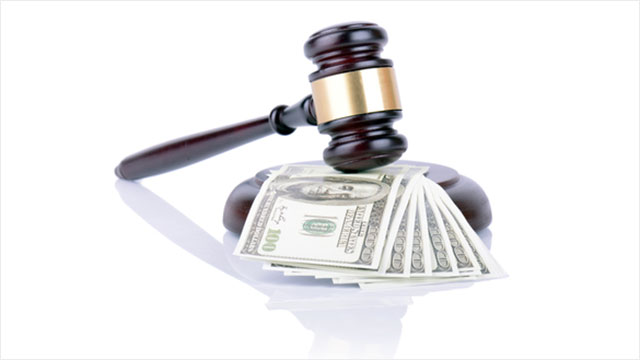
The amount of compensation awarded to a plaintiff in a personal injury lawsuit is usually based on the severity of the injuries, economic losses and the “damages” of the injured party. The goal is to make the victim whole for sustained injuries due to the actions or negligence of the at-fault party. It is a different matter, however, for punitive damages as they are meant to punish or deter the at-fault party for their undesirable or dangerous conduct and to prevent other people from doing the same thing. If you want to seek punitive damages, you must consult a lawyer to review your situation to see if your case meets certain requirements.
Awarding Punitive Damages
Punitive damages are rarely awarded and are typically pursued only when the actions of the defendant were proven to be intentional or if the defendant acted recklessly without regard for the safety and welfare of others. Grounds for punitive damages include:
- Oppression
- Fraud
- Willful misconduct
- Cases with evident malice
- Wantonness
- Cases where the defendant was under the influence of alcohol or drugs
- Intent to harm
You must specify in your complaint that you are seeking punitive damages. The jury will decide whether there should be punitive damages based on the specific factors of your case. Cases and juries vary so the chances of obtaining punitive damages may differ.
Justifying Punitive Damages
As a plaintiff, you must provide “clear and convincing evidence” that the defendant’s actions were reckless without regard for people’s safety or that they were malicious. Proving that a case qualifies for punitive damages can be harder than trying to prove liability. When seeking punitive damages, the evidence must demonstrate recklessness or malicious intent of the defendant.
The jury will also consider the following factors when deciding whether to award punitive damages:
• the degree of likelihood that the conduct of the defendant caused severe harm
• whether the defendant knew his or her actions would cause such harm or whether they had reckless disregard about the consequences of their actions
• duration of the action
• if the defendant took measures to hide their actions
• the steps that the defendant took after learning that their actions would result to harm
• the financial capability of the defendant or the capacity to pay for punitive damages
Since punitive damages are not covered through insurance and must be paid by the defendant personally, , these are more likely to be imposed on wealthy people, corporate entities or insurance companies.
Caps on Punitive Damages
As mentioned, awards for punitive damages are usually allocated for severe cases. According to the New Jersey Punitive Damages Act, N.J.S.A. 2A:15-5.9, punitive damages could be awarded up to five times the amount of $350,000 or the compensatory damage, whichever is greater. However, punitive damages may not be available in some cases like those related to social or public policy concerns. An attorney can tell you whether your case meets these requirements and if you can avoid the cap.
If you or someone you know has been involved in a case that could qualify for punitive damages, then you should call an attorney. At The Grossman Law Firm, we have skilled and experienced lawyers who can help you today.
